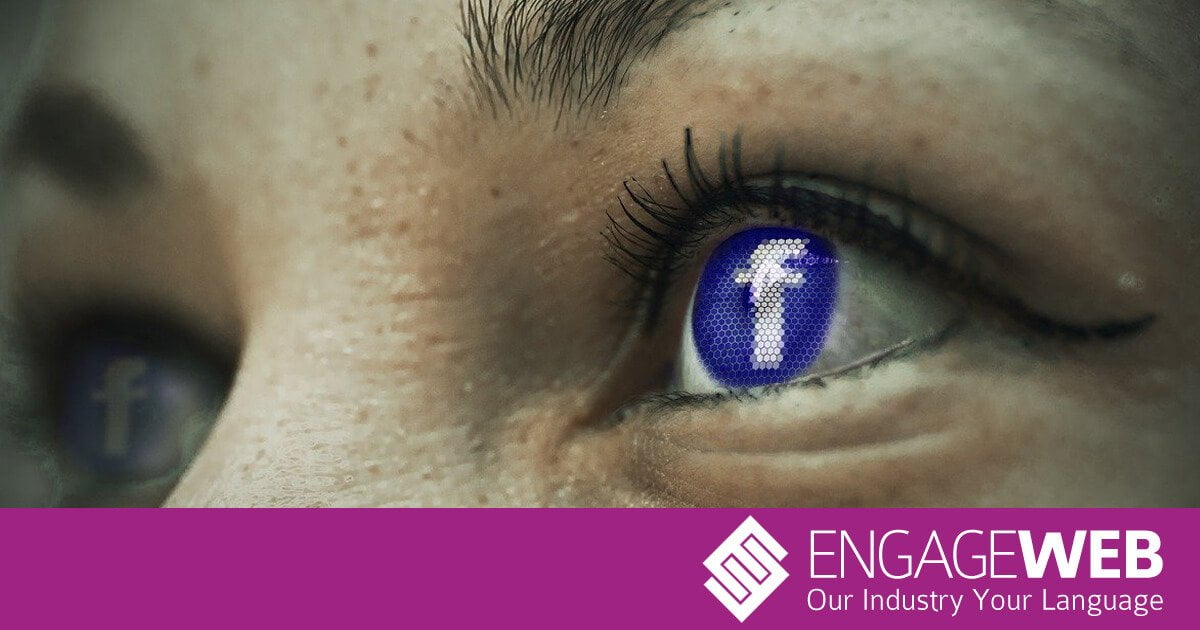Facebook looks to be attempting to tackle the problem of misinformation and clickbait, with prompts encouraging users to read articles before sharing them.
A Twitter post from the Facebook Newsroom account on Monday gives an idea of what the prompts will look like. If users try to share an article without having opened it first, they will be advised that doing this risks overlooking important information in the piece. They can then select whether to open the article, or just share it as they planned.
Starting today, we’re testing a way to promote more informed sharing of news articles. If you go to share a news article link you haven’t opened, we’ll show a prompt encouraging you to open it and read it, before sharing it with others. pic.twitter.com/brlMnlg6Qg
— Meta Newsroom (@MetaNewsroom) May 10, 2021
Last June, Twitter began testing a similar feature. Indeed, one of the most popular replies to Facebook Newsroom’s tweet sarcastically points out that Facebook is nine months behind its social media rivals in introducing this idea.
It’d be great if you could give Twitter a shoutout for the initiative
— Jane Manchun Wong (@wongmjane) May 10, 2021
Why is this so important?
A 2016 study by The Washington Post revealed that 59% of readers share articles on social media without reading them. Often simply having their attention piqued by a staggering headline or shocking picture, this opens up the possibility for unethical content producers to create misleading or simply untrue material and achieve considerable reach.
Earlier this year, a Canadian health authority pulled a Twitter stunt to highlight how many people share and interact with social media content without questioning it. That article also notes that in the same week, a BBC reporter had to give her own mother a ticking off for sharing an inaccurate video claiming that COVID-19 could be treated by inhaling steam.
Actions like this show that sharing content without reading, believing and understanding it can set off a cycle of confusion and misinformation, causing people to make ill-informed decision on serious matters.
What does it mean for content producers?
Most people who carry out social media marketing campaigns don’t want to deliberately deceive people, but with stats proving that people share without reading, it may tempt them to come up with outrageous headlines backed up with little substance.
At Engage Web, we’re all for catchy headlines, but believe the quality of an article itself shouldn’t leave those who click through to the site disappointed. Twitter says its prompts have led users to open articles 40% more often, so a positive that could come from this it may encourage more people to click through to sites after seeing posts on social media. However, it does mean that if the article itself isn’t up to scratch, a share or retweet will be unlikely.
For advice on great headlines, and well-written content behind them, why not speak to us?
- How to find a circular reference on Excel - May 23, 2024
- Five life skills learned from internet marketing - January 3, 2024
- How artificial intelligence can (and can’t) help you write content - September 29, 2023



